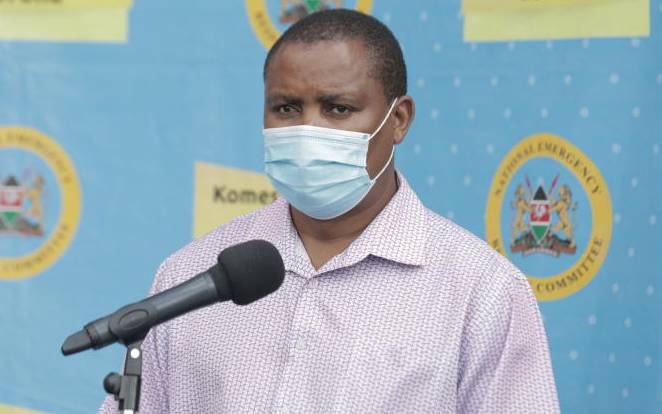×
The Standard e-Paper
Kenya’s Boldest Voice

Clinics for chronic conditions were the hardest hit during the first three months of the Covid-19 pandemic as the government insisted rise in cases among healthcare workers will not affect services.